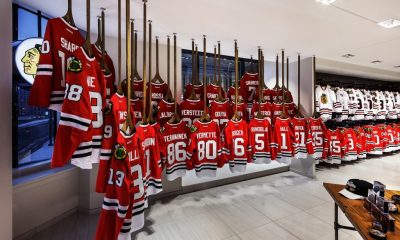Best Buy Co. Inc. (Eden Prairie, Minn.), the country's largest consumer electronics retailer, has entered into an agreement with five other music retailers to sell music that can be downloaded from the Internet.
The five other partners include: Tower Records, 120-store division of MTS Inc. (W. Sacramento, Calif.); the Virgin Entertainment Group (London); Trans World Entertainment (Albany, N.Y.), whose retail nameplates include Camelot Music, Record Town, The Wall, Coconuts, Strawberries and Spec's Music; Wherehouse Entertainment (Torrance, Calif.), the 370-unit chain that recently filed for Chapter 11 bankruptcy protection; and Hastings Entertainment (Amarillo, Texas), 140-unit small-market multimedia chain.
The group will be called Echo.
Under Echo's plan, once the group receives the necessary licenses, the partners will market their services together and separately. Efforts might include promotions like “Buy a compact disc, get a free download.” The retailers could also enable customers to download music in stores using portable devices, like the Apple iPod.
“No one has really marketed these services,” said Don Hart, Echo ceo. “Obviously, there has been a lot of talk in the last three years and there have been a lot of failures. But we see this as an inflection point. Retailers are saying: This is the time to do it.”
Advertisement
Hart said that Echo hoped to get licenses from the recording companies to distribute their music through the retail chains' own web sites. In November, the Universal Music Group (New York), which is owned by Vivendi Universal (Paris), began to distribute 43,000 of its songs through major retail and music web sites, like Best Buy and Circuit City (Richmond, Va.), for 99 cents a song or $9.99 an album. That total has since grown to 60,000.
According to reports, the new effort is motivated in part by the two-year decline in compact disc sales that has damaged the music business, including music retailers. In filing for bankruptcy last week, Wherehouse Entertainment said it would be closing 120 stores, in part because of lackluster CD sales. And earlier this month, Best Buy announced that it would close 107 stores.
While vinyl albums and cassette tapes have nearly disappeared in recent years, a proliferation of free music-swapping services on the Internet has led to a decline in CD sales. According to Nielsen SoundScan, which tracks album sales, 681 million were sold in 2002, down from 785 million in 2000.
Such cooperation in online music ventures would have been unthinkable two years ago, as retailers and music companies were at odds about how to best approach online music sales. More than a years ago, music labels embarked on their own online efforts, but so far they have received less than rave reviews.
Now, though, the music companies and the retailers need each other more than ever. Recording companies make the music, but it is retailers who know their customers. “Retail has always been about more than simply selling CDs,” said Wherehouse ceo Jerry Comstock. “We are in the customer relationship business.”
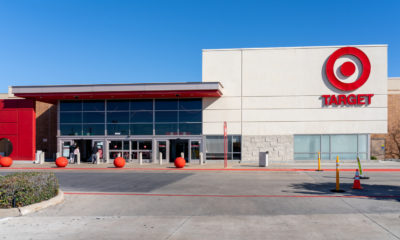
 Headlines2 weeks ago
Headlines2 weeks ago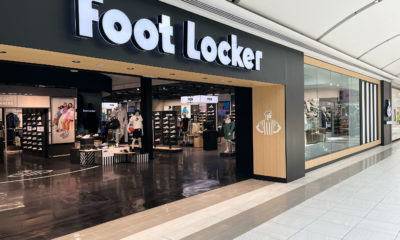
 Headlines2 weeks ago
Headlines2 weeks ago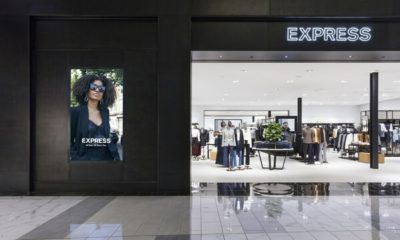
 Headlines2 weeks ago
Headlines2 weeks ago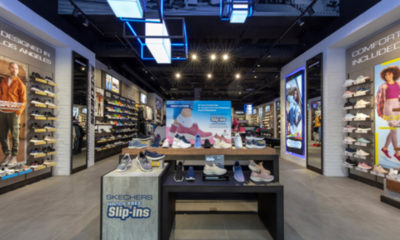
 Headlines6 days ago
Headlines6 days ago
 Eric Feigenbaum4 days ago
Eric Feigenbaum4 days ago
 Headlines1 week ago
Headlines1 week ago
 Designer Dozen1 week ago
Designer Dozen1 week ago




